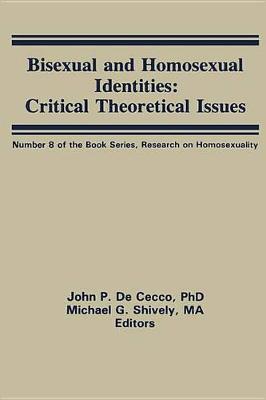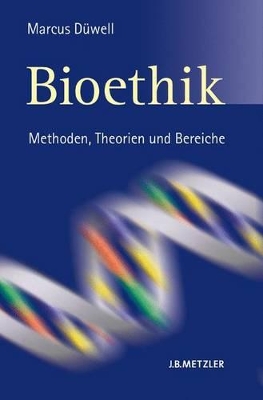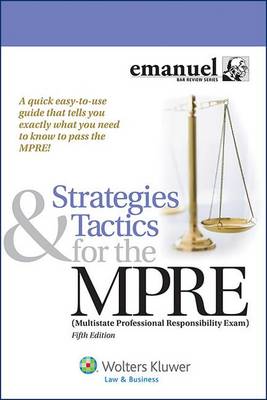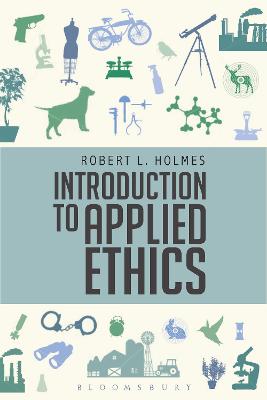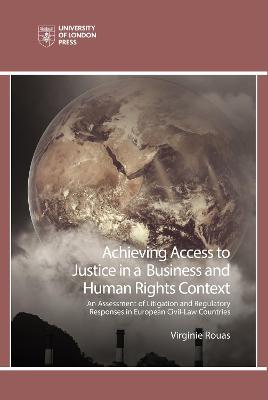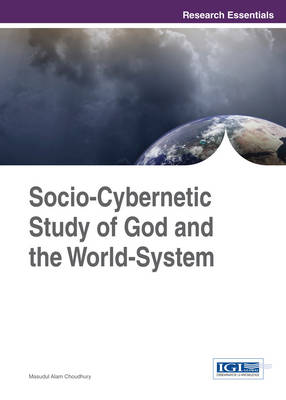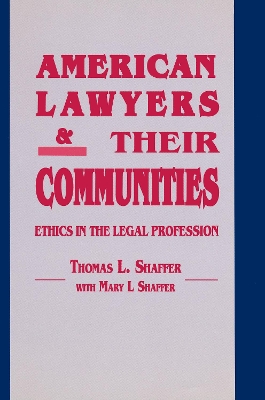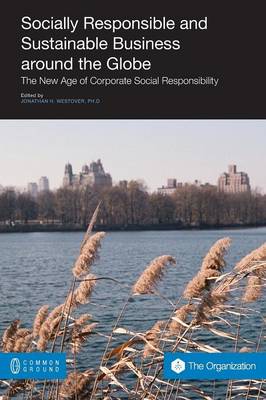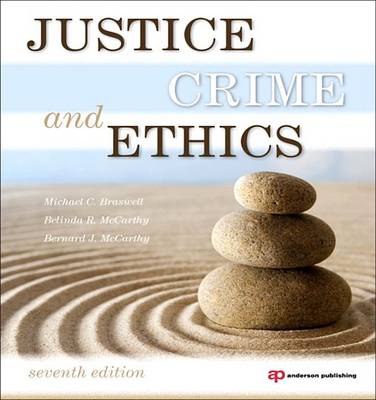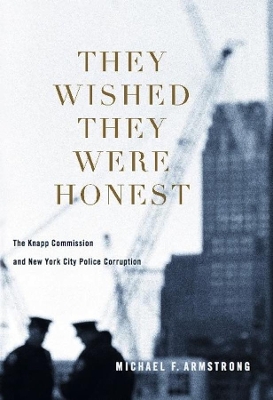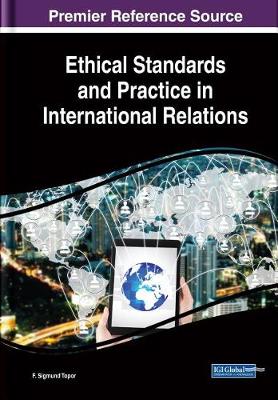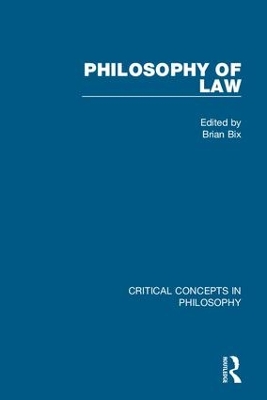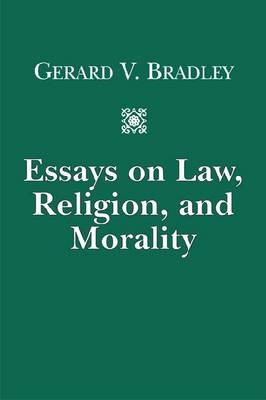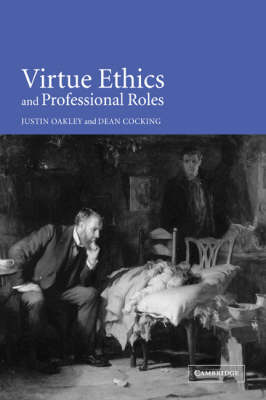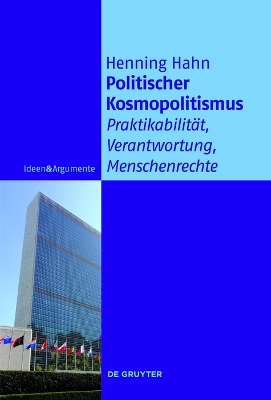This well-documented book highlights some of the theories of bisexual and homosexual identities and their conceptual bases in cultural history, moral philosophy, biology, and social psychology. Some of the most respected minds in the field of human sexuality challenge traditional views on homosexuality and question the moral principles implicit in many existing psychiatric and psychological theories.
The Ethical Foundations of Economics (The Ethical Foundations of Economics)
by John J Piderit
Piderit explores the failures of mainstream economics and proposes an alternative grounded in natural law. His assessment is grounded in the Christian higher law tradition which assumes that objective standards known to human reason should govern society and individuals. This book demonstrates both the reasonableness of a distinguished ethical tradition and its capacity to address a wide range of ethical issues, economic as well as personal and social. Piderit emphasizes that natural law theor...
Strategies and Tactics for the Mpre (Multistate Professional Responsibility Exam) (Strategies & Tactics)
by Steven Emanuel
Cross Curricular Contexts, Themes and Dimensions in Primary Schools (Cultural Diversity and the Curriculum)
by Professor Gajendra K Verma
The final volume of four, the authors, all specialists in the areas of the curriculum, consider how the concerns of ethnic groups may be addressed within the framework of the National Curriculum. Despite the indecision surrounding the structure, content, pedagogy and assessment of many components of the primary school curriculum, it remains that the multicultural nature of the population and of schools will develop. These developments and their educational implications must be considered if the...
How do you decide what is ethically wrong and right? Few people make moral judgments by taking the theory first. Specifically written with the interests, needs, and experience of students in mind, this textbook approaches thinking ethically as you do in real life - by first encountering practical moral problems and then introducing theory to understand and integrate the issues. Built around engaging case studies from news media, court hearings, famous speeches and philosophical writings, each o...
Achieving Access to Justice in a Business and Human Rights Context
by Virginie Rouas
Socio-Cybernetic Study of God and the World-System (Research Essentials)
by Masudul Alam Choudhury
American Lawyers and Their Communities (Revisions: A Series of Books on Ethics)
by Thomas L. Shaffer
This book examines the ethical development of American lawyers against a historical, cultural, and religious backdrop. Goes beyond the rules and statements of professional organizations, such as the American Bar Association, and considers how lawyers actually perceive their responsibility for their communities and the ethical standards of their profession.
Ethics of the Body (Ethics of the Body) (Basic Bioethics)
The provocative contention of the postmodernist and feminist essays in Ethics of the Body is that conventional bioethics is out of touch, despite its growing profile. It is out of touch with an ongoing phenomenological sense of bodies themselves; with the impact of postmodernist theory as it problematizes the certainties of binary thinking; and with a postmodern culture in which bioscientific developments force us to question what is meant by the notion of the human self. The authors demonstrat...
Ethics in Crime and Justice (Contemporary Issues in Crime & Justice S.)
by Joycelyn M. Pollock-Byrne
This book should be of interest to students taking courses in criminal justice and criminology.
The Status of Legal Ethics (Warsaw Studies in Philosophy and Social Sciences, #1)
by Pawel Teodor Skuczynski
Justice, Crime and Ethics
by Michael C. Braswell, Belinda R McCarthy, and Bernard J. McCarthy
Justice, Crime, and Ethics, a leading textbook in criminal justice programs, examines ethical dilemmas pertaining to the administration of criminal justice and professional activities in the field. Comprehensive coverage is achieved through focus on law enforcement, legal practice, sentencing, corrections, research, crime control policy, and philosophical issues. The contributions in this book examine ethical dilemmas pertaining to the administration of criminal justice and professional activiti...
In fifty years of prosecuting and defending criminal cases in New York City and elsewhere,Michael F. Armstrong has often dealt with cops. For a single two-year span, as chief counsel to the Knapp Commission, he was charged with investigating them. Based on Armstrong's vivid recollections of this watershed moment in law enforcement accountability-prompted by the New York Times's report on whistleblower cop Frank Serpico-They Wished They Were Honest recreates the dramatic struggles and significanc...
In every culture, ethos is an important aspect of life as it informs opinions on nearly everything from law to religion. However, while the existence of ethos may be universal, the details often vary from culture to culture. Ethical Standards and Practice in International Relations is an essential research publication that explores the relationship between ethics and global and intercultural interactions. Featuring coverage on a broad range of topics, such as ethical behavior, business ethics, a...
First published in 2006. This is Volume III of a collection on the Philosophy of Law looking at critical concepts in Philosophy. This volume focuses on the Normative and critical theories.
The most controversial foundational issue today in both legal philosophy and constitutional law is the relationship between objective moral norms and the positive law. Is it possible for the state to be morally "neutral" about such matters as marriage, the family, religion, religious liberty, and - as the Supreme Court once famously phrased it - "the meaning of life"? If such neutrality is possible, is it desirable? In this volume of essays one of our country's leading constitutional lawyers...
Professionals, it is said, have no use for simple lists of virtues and vices. The complexities and constraints of professional roles create peculiar moral demands on the people who occupy them, and traits that are vices in ordinary life are praised as virtues in the context of professional roles. Should this disturb us, or is it naive to presume that things should be otherwise? Taking medical and legal practice as key examples, Justin Oakley and Dean Cocking develop a rigorous articulation and d...
